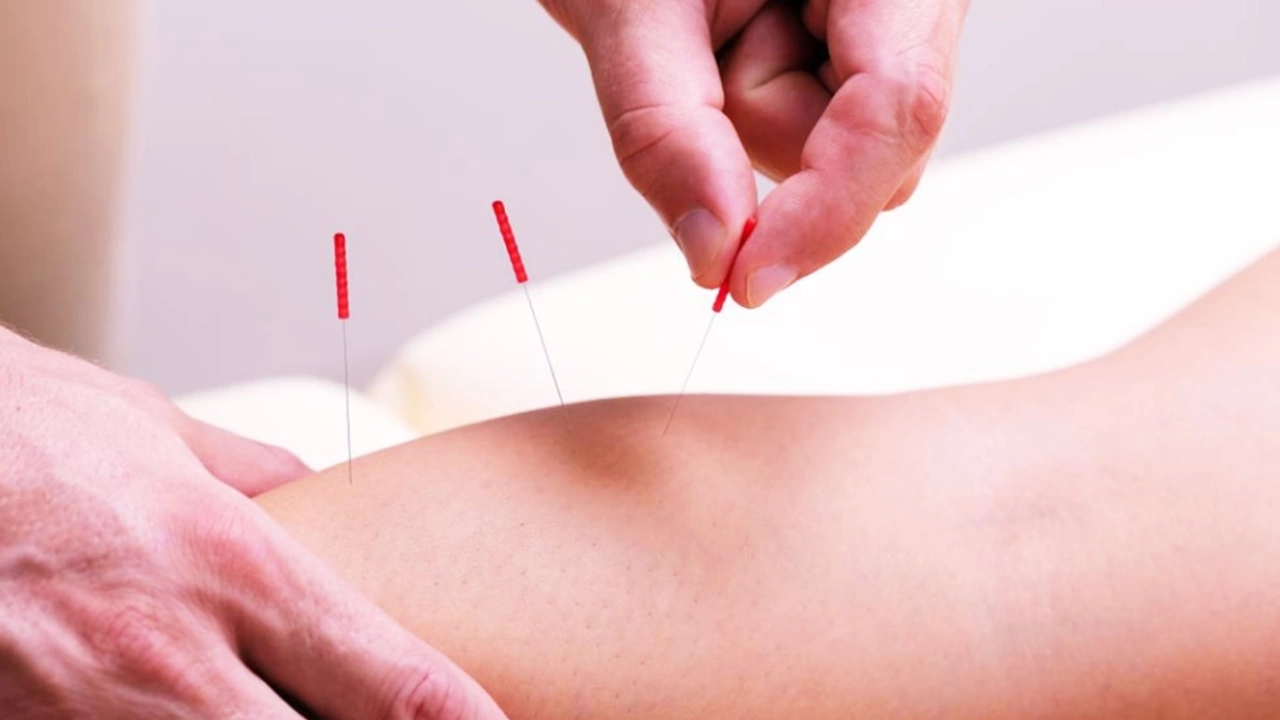Bladder Pain Relief: Simple Ways to Feel Better Fast
If you’ve ever felt that sharp, burning ache while trying to pee, you know how distracting it can be. The good news? Most bladder pain isn’t a mystery and can often be eased with easy steps you can try at home.
Identify the Common Triggers
First, figure out what’s likely causing the discomfort. Things like caffeine, spicy foods, alcohol, or even sitting too long can irritate the bladder lining. Keep a quick diary for a week – note what you eat, drink, and when the pain spikes. You’ll spot patterns faster than you think.
Another frequent culprit is a urinary tract infection (UTI). If the pain comes with burning during urination, cloudy urine, or a fever, it’s probably an infection that needs antibiotics. In those cases, don’t wait – see a doctor.
Quick Home Remedies That Actually Work
Stay Hydrated. Drinking plenty of water dilutes irritants and helps flush bacteria out. Aim for at least eight glasses a day, but sip steadily rather than gulping huge amounts at once.
Heat Therapy. A warm heating pad on your lower belly relaxes the pelvic muscles and can reduce cramping. Use it for 15‑20 minutes a few times daily – just make sure it’s not too hot.
OTC Pain Relievers. Ibuprofen or naproxen can calm inflammation and dull the ache. Follow the label dosage and avoid them if you have stomach ulcers or kidney issues.
Apple Cider Vinegar Drink. Mix one tablespoon of raw apple cider vinegar with a cup of water and a touch of honey. Some people find the mild acidity soothes bladder lining, but stop if it irritates your stomach.
Probiotics. Yogurt or a quality probiotic supplement can help balance good bacteria in the urinary tract, especially after a course of antibiotics.
Lifestyle Tweaks for Long‑Term Comfort
Cut back on bladder irritants: limit coffee to one cup, swap soda for herbal tea, and avoid artificial sweeteners. If you’re prone to interstitial cystitis (a chronic inflammation), a low‑acid diet – think bananas, melons, and oatmeal – can make a noticeable difference.
Don’t hold urine for hours. Going when the urge hits keeps the bladder from stretching too much, which reduces pain over time. Also, try pelvic floor exercises (Kegels). Strengthening those muscles supports the bladder and eases pressure during peeing.
When to Seek Professional Help
If pain lasts more than three days, is severe, or comes with blood in urine, schedule a doctor’s visit. They may order a urine culture, an ultrasound, or refer you to a urologist for deeper testing.
Persistent pelvic pain that doesn’t improve with home care could be interstitial cystitis, bladder stones, or even nerve issues. A specialist can recommend prescription meds, bladder instillations, or physical therapy tailored to your case.
Bottom line: most bladder aches have simple fixes – hydrate, ditch irritants, use heat and OTC pain relievers, and track triggers. If those steps don’t bring relief, a medical professional will help you find the right treatment fast.

